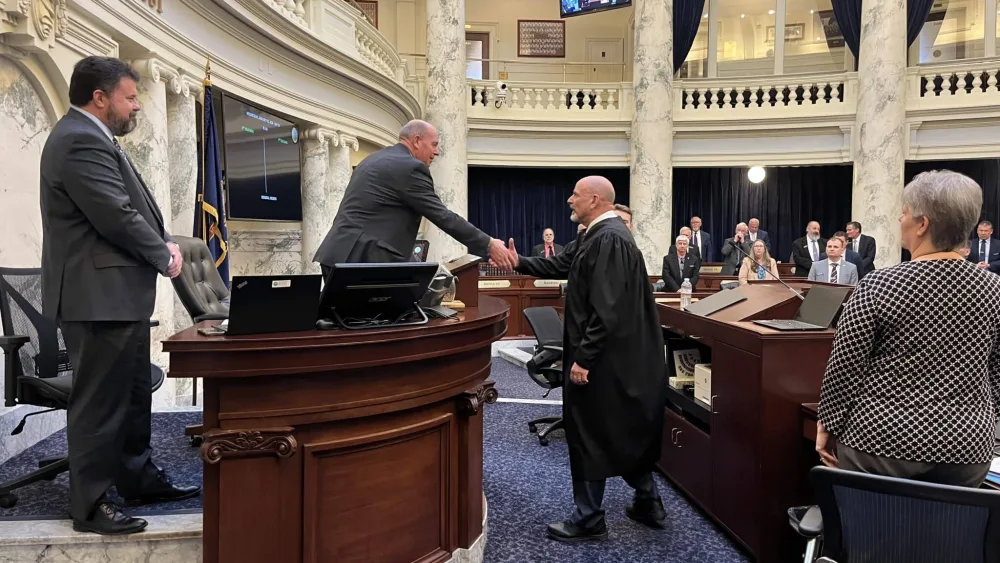BOISE, ID – Health and safety advocates are opposing parts of the Trump administration’s Make America Healthy Again plan, which would shield pesticide manufacturers from most liability lawsuits.
Republicans in Congress are sponsoring legislation that would roll back consumer protections against PFAS, otherwise known as “forever chemicals,” which may cause cancer.
Rebecca Wolf, senior food policy analyst for the nonprofit Food and Water Watch, referred to the Agricultural Labeling Uniformity Act as the “Cancer Gag Act,” adding it is a gift to industrial agriculture.
“What we’re seeing is a concerted effort for a real campaign from Bayer, pushing to shield pesticide manufacturers from health-related lawsuits,” Wolf explained. “As well as hamper the EPA’s ability to better regulate these toxic chemicals.”
A similar measure failed to pass in the Idaho Senate in 2024. It would have provided legal protection to pesticide manufacturers from the state’s “failure-to-warn” liability law. Proponents of the legislation argued it would have provided relief from lawsuits for overburdened manufacturing companies.
Wolf pointed out the Bayer Corporation’s weed-killing product, RoundUp, has been linked to a range of health problems, including various forms of cancer and birth effects. She added Bayer has already spent $11 billion to settle thousands of cancer-related lawsuits, and is seeking refuge from future liability from the Trump administration.
“It’s very much out of the ‘big ag, big chemical’ playbook that has brought us things like ‘right-to-farm’ and ‘ag-gag’ laws,” Wolf contended. “Preemption, we’ve seen, has long been part of kind of a pro-corporate strategy to reverse hard-fought public health victories.”
Bayer acquired RoundUp when it purchased Monsanto in 2018. The company said its herbicide products are safe when used as directed.
The “Cancer Gag Act” has been proposed and defeated in a number of states and passed in two: Georgia and North Dakota. Wolf argued federal legislation, if passed, would have a devastating effect on public health.
“What I’m seeing is a very dangerous deregulatory agenda that is set to make us very, very sick,” Wolf underscored.





